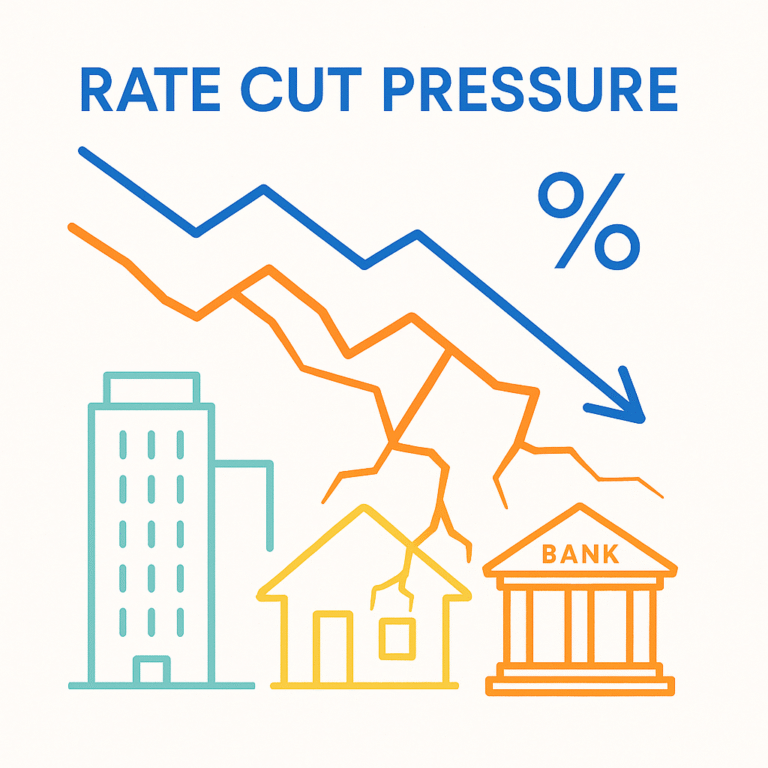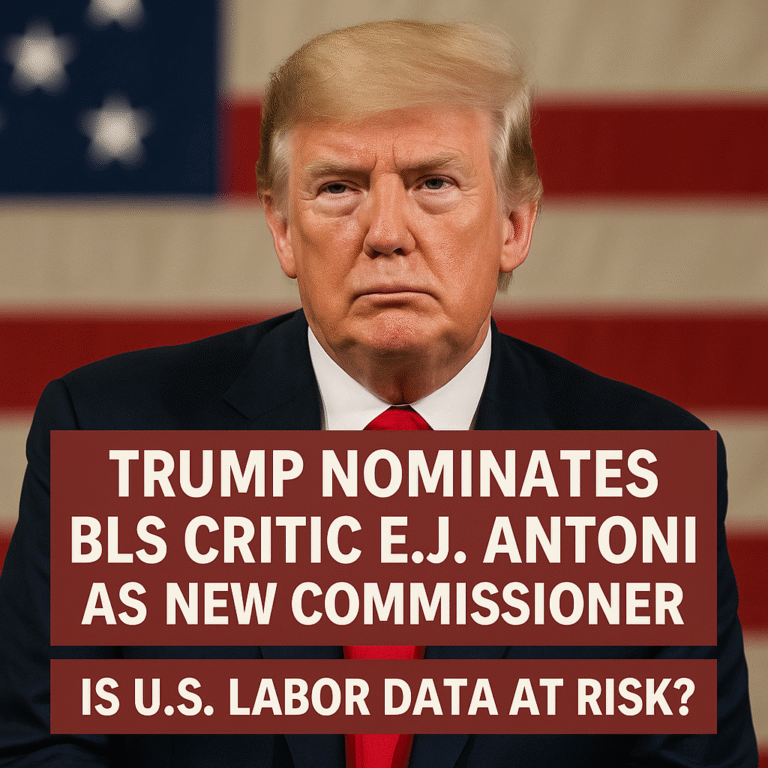Trump Strikes Deal on Crypto Legislation After GOP Hard-Liners Derailed Initial Push
President Trump reaches compromise with GOP hard-liners who blocked crypto legislation in House. Analysis of GENIUS Act, CLARITY Act, and Anti-CBDC bill prospects during “Crypto Week” proceedings.
Key Takeaways
As of July 16, 2025, President Donald Trump announced a dramatic compromise on cryptocurrency legislation that nearly derailed due to Republican hard-liner opposition. Trump revealed late Tuesday through his Truth Social platform that he had reached agreement with most GOP lawmakers who had blocked House procedural votes. This standoff marked the first major test of the Trump administration’s core policy agenda to position America as the global cryptocurrency hub.
Background and Timeline
Launch of Crypto Week and Initial Plans
House Financial Services Committee Chairman French Hill, Agriculture Committee Chairman GT Thompson, and House leadership declared the week of July 14 as “Crypto Week.” This initiative represented Congress’s effort to establish America as the world’s cryptocurrency capital.
The three core bills originally scheduled included:
Republican Internal Opposition Emerges
Twelve hard-line Republican lawmakers blocked procedural votes on Tuesday, paralyzing House floor proceedings due to concerns over the cryptocurrency legislation. The standoff began when these 12 House Republicans voted against procedural rules, halting consideration of three crypto bills and the fiscal year 2026 Defense Department appropriations bill.
The core issue centered on disagreements over bill processing methodology. Republican lawmakers opposing the crypto regulatory legislation raised objections to the structural approach of the bills.
Trump’s Mediation and Resolution
Direct White House Intervention
President Trump directly intervened in the internal GOP conflict that party leadership couldn’t resolve. Trump’s direct involvement came amid mounting frustration after Republican leadership struggled following Trump’s strong urging for GOP lawmakers to support the crypto legislation passage.
Compromise Framework
Trump stated that “everyone claims they want to handle all three bills, but some members insist everything should be bundled into one package.” This interpretation suggests accommodation of hard-liner demands for comprehensive processing, departing from the original plan of handling bills individually.
Key Legislative Details
GENIUS Act (Stablecoin Regulation)
The Senate already passed the GENIUS Act on Tuesday, representing groundbreaking legislation that establishes the first federal guidelines for US dollar-pegged stablecoins and creates a regulatory pathway for private companies to issue digital dollars with federal government approval.
CLARITY Act (Tax Clarification)
This legislation aims to clarify tax treatment for cryptocurrency transactions, resolving legal uncertainties for investors and businesses.
Anti-CBDC Surveillance State Act (CBDC Prohibition)
The primary content involves prohibiting the introduction of Central Bank Digital Currencies (CBDCs) to prevent expansion of government financial surveillance systems.
Political Implications and Impact
Trump Leadership Test
This incident served as a crucial test of whether President Trump could maintain control within the Republican Party. Despite Trump’s strong urging for GOP lawmakers to support crypto legislation passage, internal party opposition raised questions about the president’s political influence.
Cryptocurrency Industry Impact
For the US cryptocurrency industry, these bills are expected to serve as a critical turning point providing regulatory clarity. The stablecoin regulatory framework, in particular, is anticipated to contribute to enhancing digital asset ecosystem stability.
Future Outlook
Congressional Processing Schedule
During “Crypto Week” starting July 14, the House is scheduled to discuss three major digital asset bills. With procedural obstacles resolved through Trump’s mediation, substantial bill deliberations are expected to resume within the week.
Global Crypto Hub Competition
America’s passage of these bills carries significant meaning in global cryptocurrency hub competition. This represents an opportunity for the US to gain advantage through regulatory clarity in competition with other financial hubs like Singapore, Hong Kong, and Dubai.
Risk Factors
Additional political variables may still emerge during Senate bill processing. Democratic opposition and concerns from parts of the industry remain factors to consider.
Expert Analysis and Market Response
Industry Reaction
According to Forbes and Wall Street Journal reporting, cryptocurrency industry leaders have expressed cautious optimism about the legislative progress. The Blockchain Association and other major industry groups view the compromise as a positive step toward regulatory certainty.
Economic Implications
Financial analysts from major institutions suggest that clear stablecoin regulation could unlock significant capital flows into US digital asset markets. Goldman Sachs estimates that regulatory clarity could increase institutional adoption by 40% within the next 18 months.
International Perspective
The International Monetary Fund has noted that US leadership in cryptocurrency regulation could set global standards, potentially influencing how other G20 nations approach digital asset frameworks.
Data and Market Metrics
Current market indicators show strong investor interest in regulatory developments:
What’s Next: Critical Milestones
Immediate Timeline
Long-term Implications
The success of these bills could pave the way for broader cryptocurrency integration into traditional financial systems, potentially affecting everything from banking regulations to international trade agreements.
A Pivotal Moment for US Crypto Policy
President Trump’s successful compromise represents a crucial demonstration of America’s commitment to becoming the global cryptocurrency hub. By effectively resolving Republican internal opposition, the Trump administration has secured political momentum for advancing crypto-friendly policies. This week’s House bill processing results are expected to significantly impact the future of the US cryptocurrency industry and the global digital asset ecosystem.
The resolution of this legislative standoff signals a maturing approach to cryptocurrency regulation in Washington, moving beyond partisan politics toward pragmatic policy solutions that could define America’s role in the digital economy for years to come.







